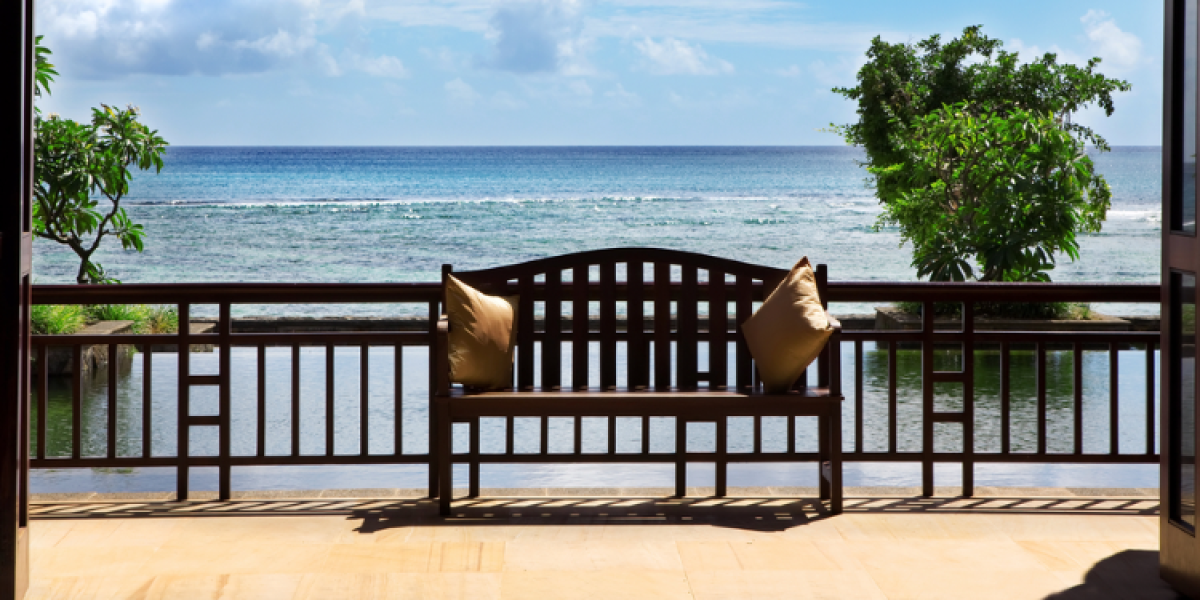
The Mauritian rupee is depreciating and this could go on for a year or two as per experts. If you want to invest in real estate, now is the time to get a good deal. However, what happens if you want to sell or rent out? Is this the right time to invest in real estate in Mauritius?
“I have found a property in Tamarin but my accountant advised against it. The rupee is only depreciating and Mauritius' poor ranking on the FATF list will not help. I wonder if I should put my euro savings into such an investment if the Mauritian currency is going to continue to depreciate in the years to come, ” wonders Mich. This French expatriate who has been living in Mauritius since the beginning of 2021 is reluctant to take the plunge.
“I have found a property in Tamarin but my accountant advised against it. The rupee is only depreciating and Mauritius' poor ranking on the FATF list will not help. I wonder if I should put my euro savings into such an investment if the Mauritian currency is going to continue to depreciate in the years to come, ” wonders Mich. This French expatriate who has been living in Mauritius since the beginning of 2021 is reluctant to take the plunge.
Learning to live with COVID-19 means reopening borders, resuming social and economic activities “normally” but above all, being prepared for things to change overnight. How, then, to take risks - economic or financial, moreover - in such circumstances? Above all, it must be said, the world's biggest economies are struggling to get their heads out of the water. And it is no different in Mauritius. One of the largest industries in the country, tourism, has been unproductive for a year. Offshore is the same since the inclusion of the Mauritian jurisdiction on the gray list of the FATF and blacklist of the European Union. With the rupee depreciating, however, it is the best time to buy real estate with foreign currency, but it depends on your plans and above all, your prospects for resale.
Personal situation
The first question to ask yourself, if you want to invest in real estate in Mauritius, is what is your expat project and why do you want to invest. Etienne, another expat who has lived in Mauritius for years, explains that he does not plan to leave anytime soon, and that even if he were to leave, he would rather rent his house than sell it. In this specific case, there is no need to worry about the prospects for resale.
On the other hand, if you are unsure of the length of your stay, it would be better to make up your mind before taking the plunge.
Where does your capital come from?
A relevant question when buying real estate in the current economic context: what options if I absolutely have to sell urgently? And there, the question of the source of funds arises. If you invest your savings, you have the option of selling the property and recovering significant capital even if the value of the rupee continues to fall. On the other hand, taking out a loan for the purchase of real estate is less than ideal in the case of an emergency resale if the value of the rupee is not rising.
Country's economic situation
Is your future in the country dependent on the economic situation? If you work in offshore or tourism, it is best to assess the country's economic situation well over the next few months before making a decision. Same considerations if you want to invest in real estate for sale, for rent or hotels and smart cities. Mauritius reopens its borders on October 1st to tourists, the months following the reopening will be crucial to get an idea of the risk you take in buying a property.
Regarding the depreciation of the rupee
In an interview with Expat.com, Eric Ng, a Mauritian economist, argues that the trend will not change for a year or two. “We have gone from 1.5 billion euros in tourism revenues to almost nothing in two years, our textile exports have declined a lot and we find ourselves relying on offshore. But here again, as the country is on the European Union's blacklist, we are struggling to attract investment. Our foreign exchange reserve is quite comfortable. It represents twelve months of importation so we can last a year or two but after that we will experience the snowball effect. The Central Bank will have less means to intervene in the market to defend the rupee, so it will have to dip into the reserves, which will further depreciate the value of the rupee ... In fact, it all depends on the trust people have. in the rupee. If they don't trust them, they will want to keep their money in hard currency. "



















